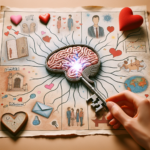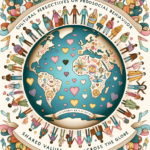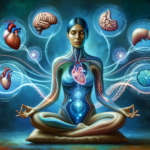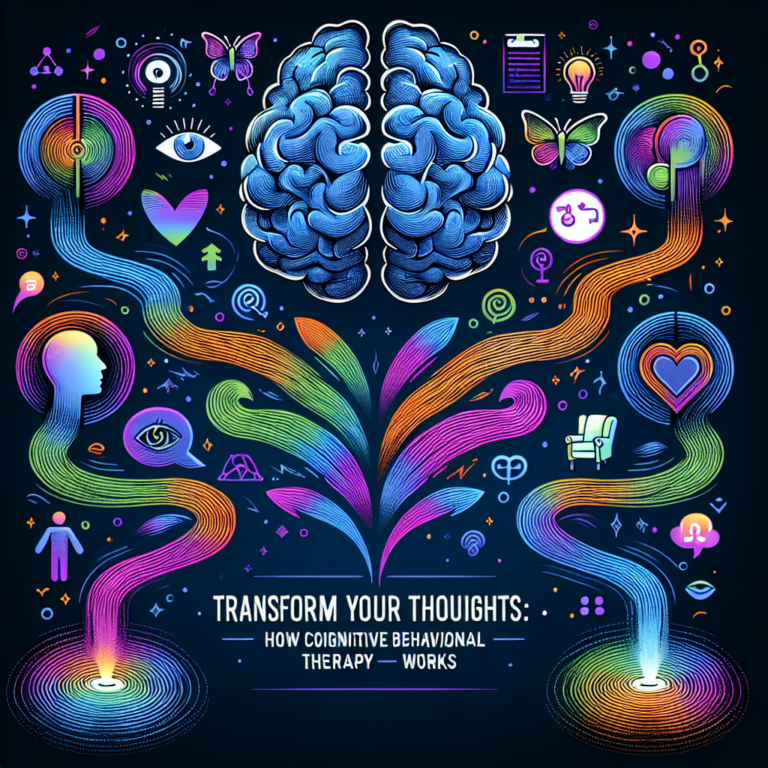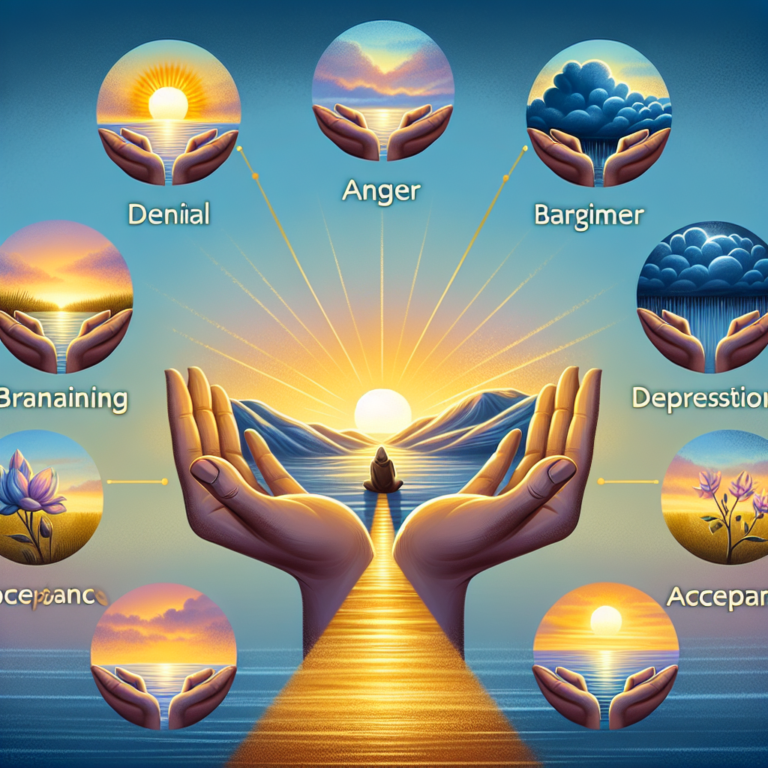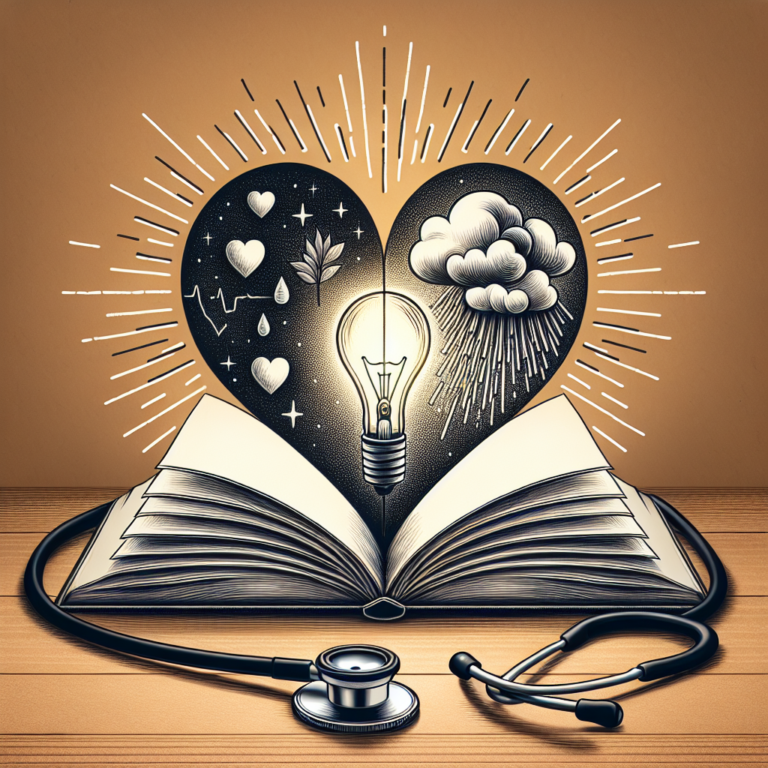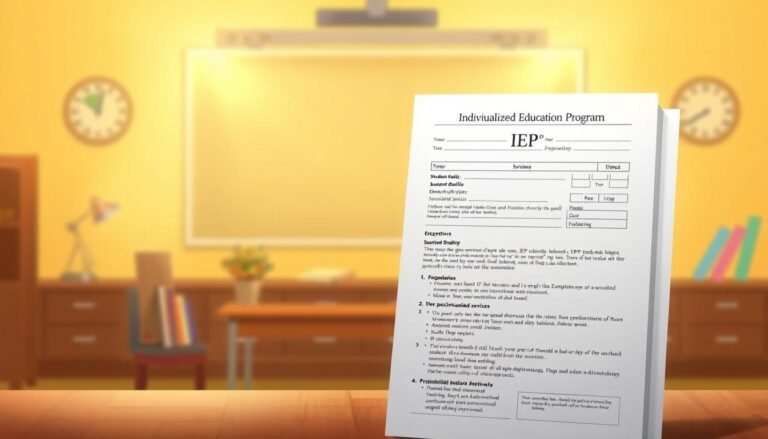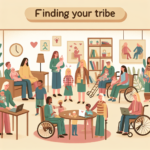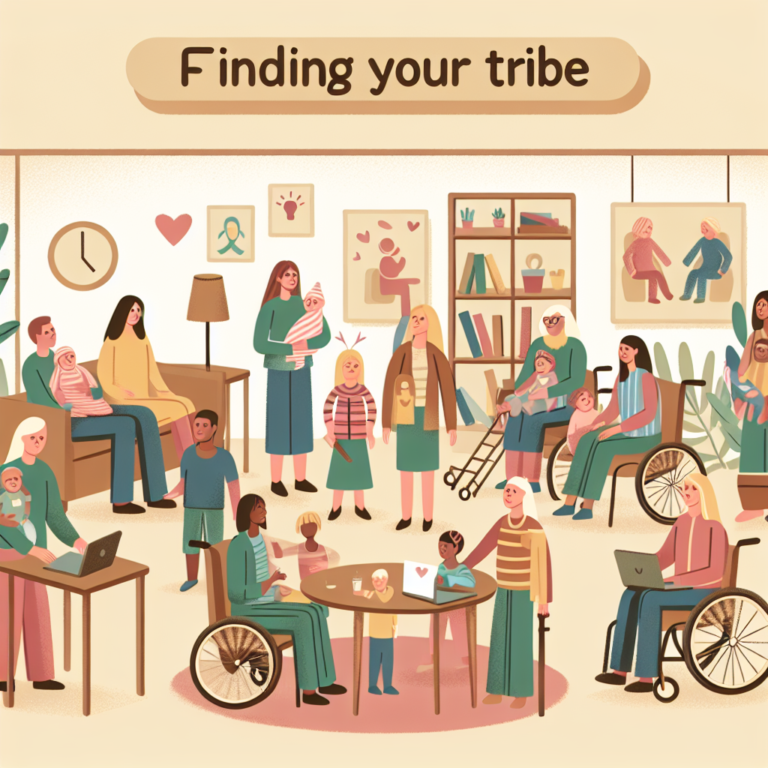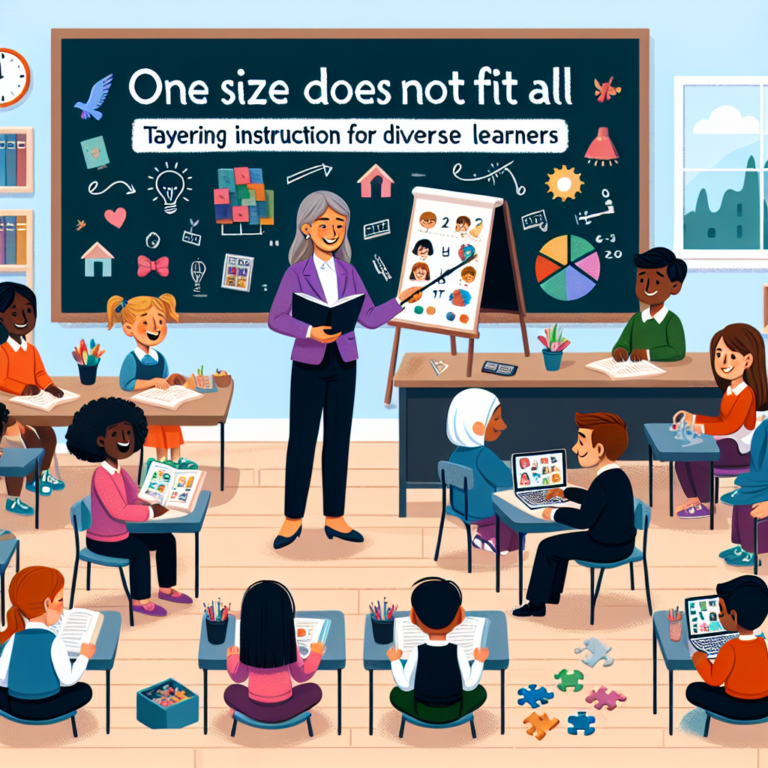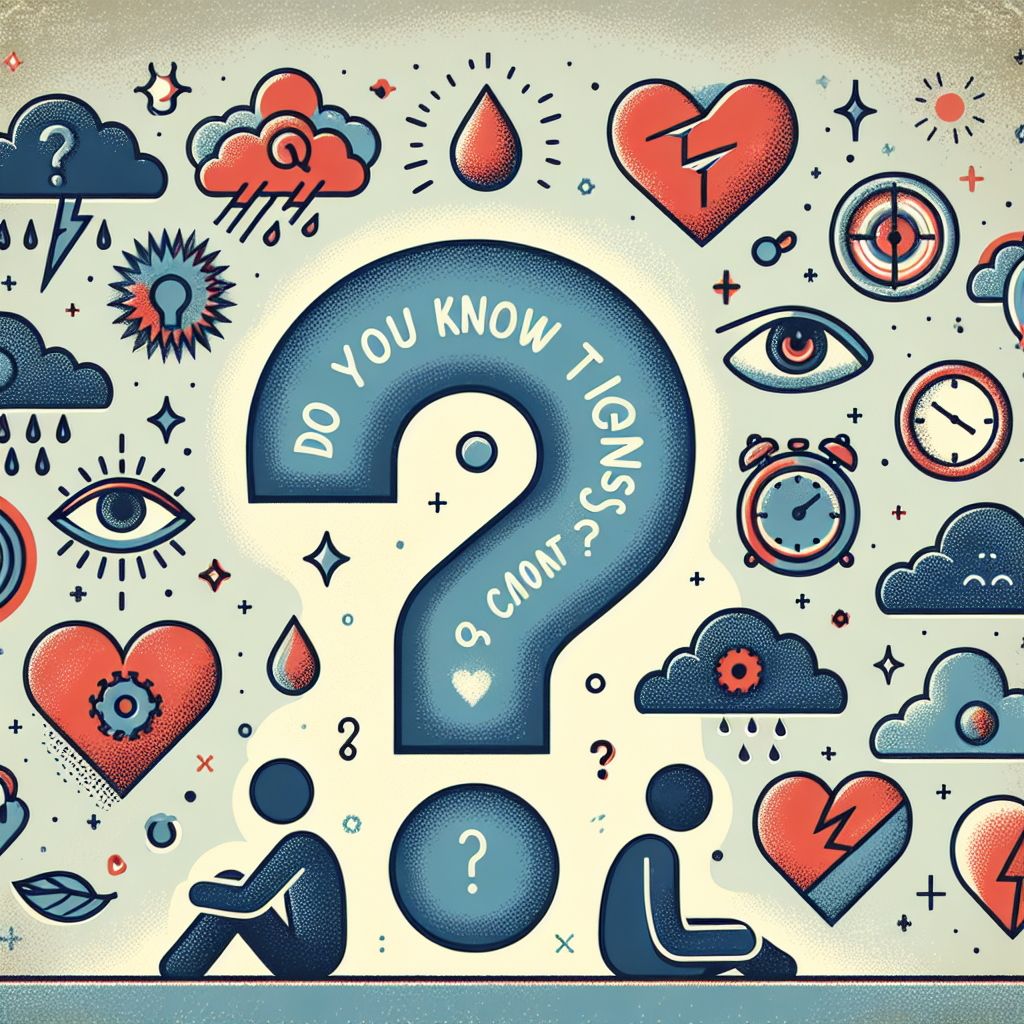
Do You Know the Signs? Essential Symptoms of Depression You Can’t Ignore
Introduction
In today’s fast-paced world, mental health has never been more crucial. Do you know the signs? Common symptoms of depression you can’t ignore may hold the key to identifying a battle that often remains hidden. Depression is not just a mood; it’s a pervasive storm that can affect anyone at any time. While many might think of sadness as the main symptom, the reality is that depression manifests in various unexpected forms. Understanding these common symptoms can be the first step toward healing, not just for oneself but also for those you love.
The Importance of Awareness
Awareness is the first step in addressing mental health issues. With roughly 264 million people worldwide suffering from depression, recognizing the signs early can lead to timely intervention and support. Ignorance can perpetuate loneliness, hinder productivity, and even lead to more severe mental health issues, making it essential to educate yourself and others about the telltale signs.
Understanding Depression
What is Depression?
Depression is classified as a mood disorder characterized by persistent feelings of sadness, hopelessness, and loss of interest in activities once enjoyed. It’s not merely a phase; rather, it’s a debilitating condition that interferes with daily life.
Common Misconceptions
One of the most significant barriers in recognizing the signs of depression lies in misconceptions. Many believe it only affects adults or that one can simply "snap out of it." These beliefs can make it easier for symptoms to go unnoticed or ignored, causing individuals to suffer in silence.
Do You Know the Signs? Common Symptoms of Depression You Can’t Ignore
1. Persistent Sadness or Low Mood
Feeling sad occasionally is a part of life; however, when sadness becomes overwhelming and lasts for more than two weeks, it could indicate depression. This feeling is often accompanied by a sense of hopelessness and despair.
Case Study: Sarah’s Journey
Sarah, a 30-year-old teacher, went through a significant life change when she lost her job. At first, she thought her sadness was a normal reaction, but as weeks turned into months, her low mood continued. She isolated herself from friends and family, exacerbating her feelings of hopelessness. Sarah’s story illustrates how recognizing persistent low mood signs can be crucial for intervention.
2. Loss of Interest or Pleasure
This is one of the most telling symptoms of depression. Loss of interest in hobbies, relationships, or activities once enjoyed can signal a deeper issue.
Analysis
For Sarah, her favorite hobbies like painting and hiking lost their allure. It’s essential to differentiate between temporary disinterest and a prolonged lack of enjoyment—an important nuance in understanding the signs.
3. Changes in Sleep Patterns
Whether it’s insomnia or oversleeping, disturbances in sleep can be a significant indicator of depression. The body struggles to regulate itself when mental health is at risk.
Statistical Insight
A study found that over 70% of individuals suffering from depression experience sleep problems. Recognizing this link can provide valuable insights into emotional well-being.
4. Fatigue or Low Energy
Chronic fatigue, regardless of sleep duration, can lead to a lack of motivation and productivity. It’s not simply about feeling tired; it’s an overwhelming sense of exhaustion.
Case Study: Mike’s Experience
Mike, a 45-year-old software developer, noticed an overwhelming sense of fatigue that prevented him from completing daily tasks. This symptom is often mistaken for laziness, but it stems from the cognitive and emotional weight of depression.
5. Difficulty Concentrating
Struggling to focus or make decisions is another prominent symptom of depression. Simple tasks become mentally exhausting, which can create a cycle of frustration and self-doubt.
Analysis
In Mike’s case, his inability to concentrate led to errors in his work, feeding into feelings of inadequacy.
6. Changes in Appetite
Significant weight loss or gain without intending to can also be a symptom of depression, as it directly affects energy levels and overall health.
7. Physical Symptoms
Depression can manifest physically through headaches, digestive issues, or chronic pain. These symptoms may not have a clear medical cause and often remain undiagnosed until the underlying depression is addressed.
8. Feelings of Guilt or Worthlessness
Negative self-talk can become a vicious cycle in those suffering from depression. It’s crucial to recognize these thoughts as symptoms that can amplify feelings of isolation.
Table: Common Symptoms of Depression
| Symptom | Description |
|---|---|
| Persistent Sadness | Overwhelming low mood lasting more than two weeks |
| Loss of Interest | Decreased enjoyment in activities once loved |
| Sleep Pattern Changes | Insomnia or excessive sleep |
| Fatigue or Low Energy | Chronic tiredness impacting daily tasks |
| Difficulty Thinking | Problems with focus and decision-making |
| Appetite Changes | Significant weight loss or gain |
| Physical Complaints | Unexplained aches or pains |
| Guilt or Worthlessness | Persistent negative thoughts about self |
Recognizing Signs in Others
Understanding the signs of depression isn’t just vital for identifying your own struggles. Recognizing the symptoms in friends or family can pave the way for intervention. Open conversations about mental health can lighten the load for someone silently struggling.
How to Approach Someone You Suspect is Depressed
- Start a Conversation: Approach the subject gently and express your concerns.
- Listen Actively: Encourage them to share their feelings without judgment.
- Provide Resources: Help them find support, whether through therapy, support groups, or helpful literature.
Conclusion
So, do you know the signs? Common symptoms of depression you can’t ignore are vital pieces in the puzzle of mental health awareness. Recognizing these symptoms early can be a lifeline—not just for individuals suffering but for loved ones who can provide support.
Remember, it’s okay to talk about mental health. In fact, it’s essential. With understanding, compassion, and knowledge, we can create a world where no one has to suffer in silence. If you or someone you know is experiencing these symptoms, seeking help is the most critical step on the path to recovery.
FAQs
1. Can depression manifest without sadness?
Yes, depression can manifest in feelings of irritability, frustration, and a general lack of interest without overt sadness.
2. How can I help a friend who may be depressed?
Approach them gently, listen without judgment, and encourage them to seek professional help if they’re open to it.
3. Is it possible to recover from depression?
Yes, many people recover from depression with the right treatment, support, and coping strategies.
4. What should I do if I think I am depressed?
Seeking help from a mental health professional is crucial. They can provide a proper diagnosis and treatment plan.
5. How can I support my own mental health?
Engage in activities you enjoy, maintain a routine, practice self-care, and don’t hesitate to seek support when needed.
By understanding the signs of depression and engaging in open dialogue, we can help reduce stigma and create a supportive environment for everyone. Let’s continue to educate ourselves and others, ensuring that no one feels alone in their battle.
